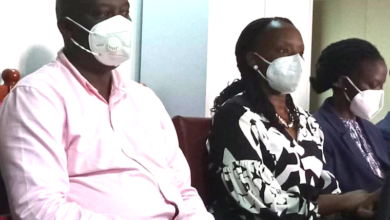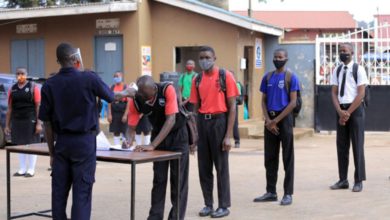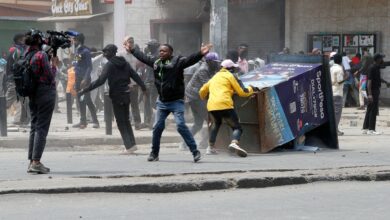EnvironmentLocal News
Children born after census night won’t be counted – Ubos
Children born after census night won’t be counted – Ubos
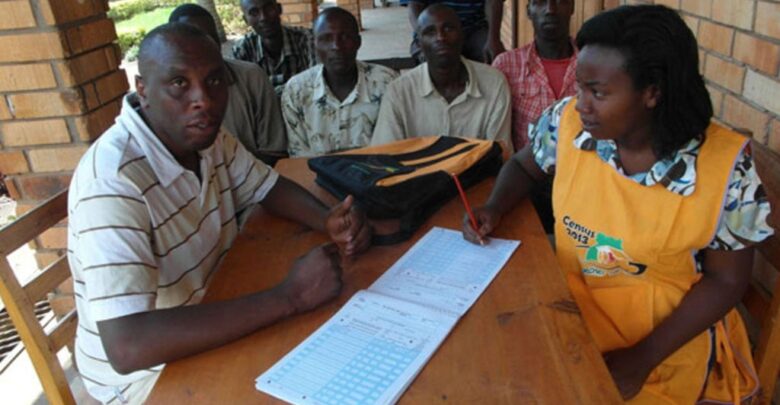
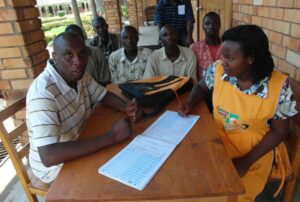
The Uganda National Bureau of Statistics (Ubos) has said children born after the census night will not be counted because they would not have spent the census night in Uganda.
Ubos defines Census Night as the reference night before the day that the actual counting begins. Mr Didacus Okoth, the Ubos senior public relations officer, says the census night is important because it helps avoid double counting.
The 2024 National Population and Housing Census runs from May 10 to 19, with May 9 as the census night, where Ubos staff will move door-to-door to capture data from residents of households.
“Children born on May 10, and 11 and onwards after the census night, will not be counted because they did not spend the census night in that household,” Mr Okoth told the Monitor on Thursday in an interview.
“We define census night as the night of reference to where someone has slept. So anyone that has not slept in a household on census night will not be counted as a resident of that homestead but will be counted as a resident of the household they spent the night at,” he added.
Mr Okoth also said the census night is very important because it is where the census questions start from by asking where one spent the night of May 9.
Ms Helen Namirembe, the director of Population and Social Statistics at Ubos, said all the enumeration that they do beginning on May 10, makes reference to May 9.
“Even if I reach your household on the fourth or tenth day, I will still ask for the household members that slept in your home on the night of May 9. If you do an enumeration without fixing it to a particular date, it will be a bit difficult to get the actual total count of a country at a given point in time,” Ms Namirembe said.
“So all the counts of the population will make reference on that day. We will say that the total population of Uganda as of the night of May 9 in Uganda was this number,” she added.
Ms Namirembe said the people who will not be counted are those who will not have spent the census night within the boundaries of Uganda.
“Persons who will be in transit like someone on a plane that just lands, then leaves, or the pilot on board will not be counted. Those that will be born after the census night will not be counted, but people living in Uganda, whether you are Ugandan or not, we will enumerate you,” Ms Namirembe said.
Ms Namirembe said for Ugandans living abroad, the information about them will be taken from their relatives but their number will not be included in the total count of Ugandans living in Uganda.
“When it comes to migration, our point of reference is the households where we are meeting you. So, when we are in the household and we are interacting with the head of the household, we have a module on migration. People who have left the household, say in the last five years, we will ask whether there is anyone, and if there is, you give us their particulars, which country they are in and why they left among other questions. But these will not contribute to the population of Uganda, except that we are trying to understand the dynamics of migration and know why people migrate,” Ms Namirembe said.
The National Population and Housing Census takes place every 10 years, and the upcoming one will be the first census to use digital technology to collect and process the data.
Ubos, says the digital system will enable them to produce accurate and timely demographics and economic statistics.
SOURCE: MONITOR
